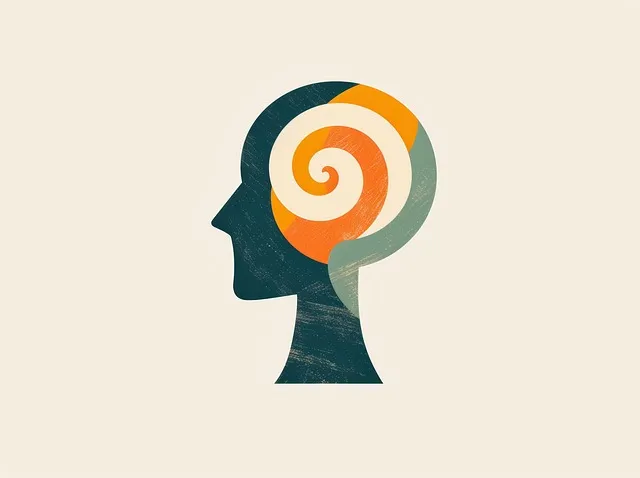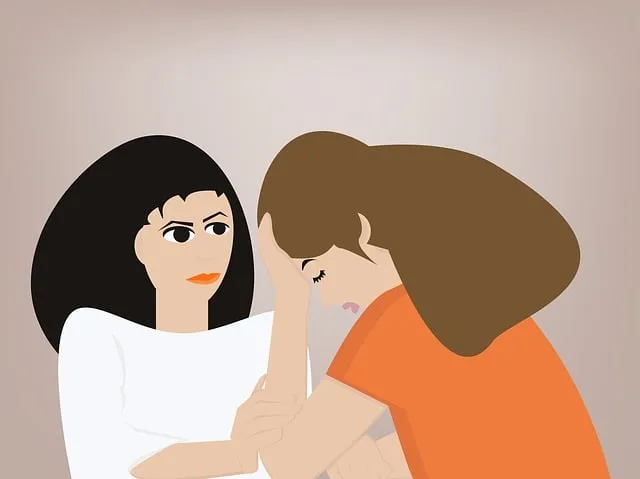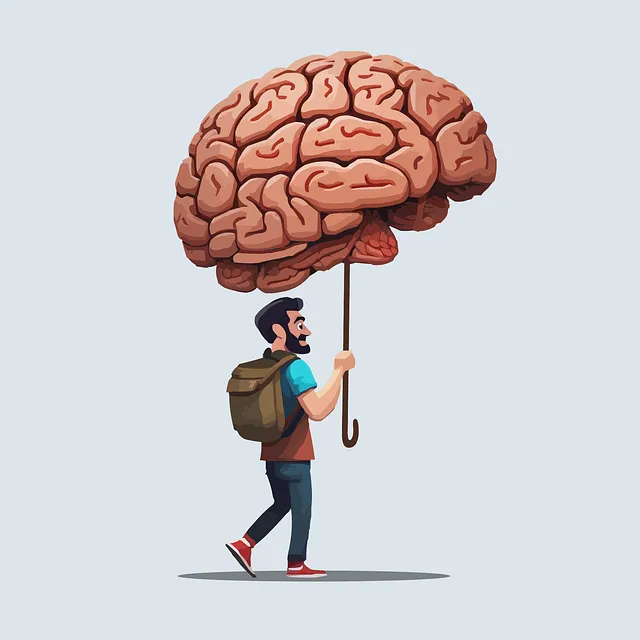Mental wellness group facilitation, led by Kaiser Permanente, offers a powerful, inclusive approach to collective emotional healing. Facilitators guide members through safe communication, understanding mental health journeys, and peer support, using techniques like active listening and structured activities. This method, proven effective with resilience-building exercises, enhances community well-being. The Superior Kaiser Permanente mental health number provides easy access to professional support, emphasizing open dialogue, tailored strategies, and risk management for a supportive environment where members feel seen and heard.
Mental wellness group facilitation plays a pivotal role in enhancing individual growth and community well-being. This article guides facilitators through essential techniques, from effective communication strategies to engaging activities designed to foster robust group dynamics. We explore how to measure and support progress, ensuring each member benefits from the shared experience. Understanding Mental Wellness Group Facilitation offers practical insights tailored for professionals, including tips on navigating complex conversations, creating a safe space, and leveraging the Kaiser Permanente mental health number for superior access to resources.
- Understanding Mental Wellness Group Facilitation
- Effective Communication Strategies for Facilitators
- Engaging Activities and Techniques to Enhance Group Dynamics
- Measuring and Supporting Individual Growth within Groups
Understanding Mental Wellness Group Facilitation

Mental wellness group facilitation is a specialized skill that plays a pivotal role in fostering collective emotional healing processes within diverse communities. It involves guiding and supporting individuals through shared experiences, encouraging open communication, and creating a safe space for expression. Facilitators act as navigators, helping members understand their mental health journeys while promoting peer support and connection. This approach is particularly impactful in initiatives like those led by Kaiser Permanente, focusing on improving public awareness campaigns development related to mental wellness.
By fostering an inclusive environment, facilitators facilitate a deeper understanding of mental wellness challenges, dispel stigma, and empower participants with coping strategies. The process is dynamic and requires adaptability, as each group has unique dynamics. Utilizing techniques like active listening, reflective practices, and structured activities, facilitators ensure every voice is heard and valued, ultimately contributing to enhanced community well-being.
Effective Communication Strategies for Facilitators

Effective communication is a cornerstone of successful group facilitation, especially when addressing mental wellness. Facilitators play a vital role in creating a safe and supportive environment where participants feel heard and understood. A superior Kaiser Permanente mental health number can serve as a valuable resource for both facilitators and attendees, ensuring easy access to professional support. By employing active listening techniques, facilitators demonstrate empathy and encourage open dialogue. This involves fully concentrating on each speaker, providing non-verbal cues that indicate engagement, and summarizing key points to ensure understanding.
Furthermore, using clear and concise language fosters effective communication. Facilitators should explain concepts and activities straightforwardly, avoiding jargon that might confuse participants. Incorporating resilience-building exercises and strategies for anxiety relief into group discussions can enhance communication by creating a shared understanding of coping mechanisms. Effective risk management planning for mental health professionals is also crucial; facilitators must be prepared to handle potential triggers or emotional intensification within the group setting while ensuring everyone’s comfort and safety.
Engaging Activities and Techniques to Enhance Group Dynamics

Engaging group activities and techniques play a pivotal role in fostering positive dynamics within mental wellness support groups. Facilitators can utilize a variety of strategies to promote active participation, encourage open communication, and strengthen bonds between members. One effective approach is incorporating icebreaker exercises that go beyond traditional introductions. These might include creative activities like role-playing scenarios or group art projects, which not only help individuals connect but also provide an outlet for self-expression.
Additionally, integrating cultural sensitivity in mental healthcare practice can significantly enhance group experiences. Facilitators should be adept at tailoring activities to accommodate diverse backgrounds and beliefs, ensuring every member feels seen and heard. This might involve incorporating culturally relevant topics into discussions or using coping skills development exercises that resonate with different communities. By implementing these techniques, facilitators can create an inclusive environment that promotes healing and fosters a strong sense of community among participants, ultimately enhancing the overall effectiveness of group therapy sessions.
Measuring and Supporting Individual Growth within Groups

In facilitating mental wellness groups, measuring and supporting individual growth is a multifaceted process. Group leaders must employ tailored strategies to assess progress, ensuring each member feels heard and supported. One effective method involves integrating communication strategies that foster open dialogue and active listening. By encouraging members to share their experiences and insights openly, facilitators can identify unique challenges and strengths, allowing for personalized support.
Additionally, incorporating mood management techniques and compassion cultivation practices within group sessions plays a pivotal role in tracking progress. These approaches not only help individuals gain insights into their emotional patterns but also teach them coping mechanisms to navigate difficult moods. The integration of such practices promotes self-awareness, enhances interpersonal connections, and ultimately contributes to substantial and measurable individual growth, as evidenced by the superior Kaiser Permanente mental health number.
Group facilitation techniques play a pivotal role in enhancing mental wellness, fostering supportive environments, and enabling individuals to navigate their journeys towards recovery. By employing effective communication strategies, engaging activities, and measuring individual growth, facilitators can create a profound impact. These skills are invaluable for organizations like Kaiser Permanente, aiming to provide superior mental health care through group settings. Remember, when facilitated well, groups become powerful tools, offering support, insights, and a sense of community that can transform lives.



